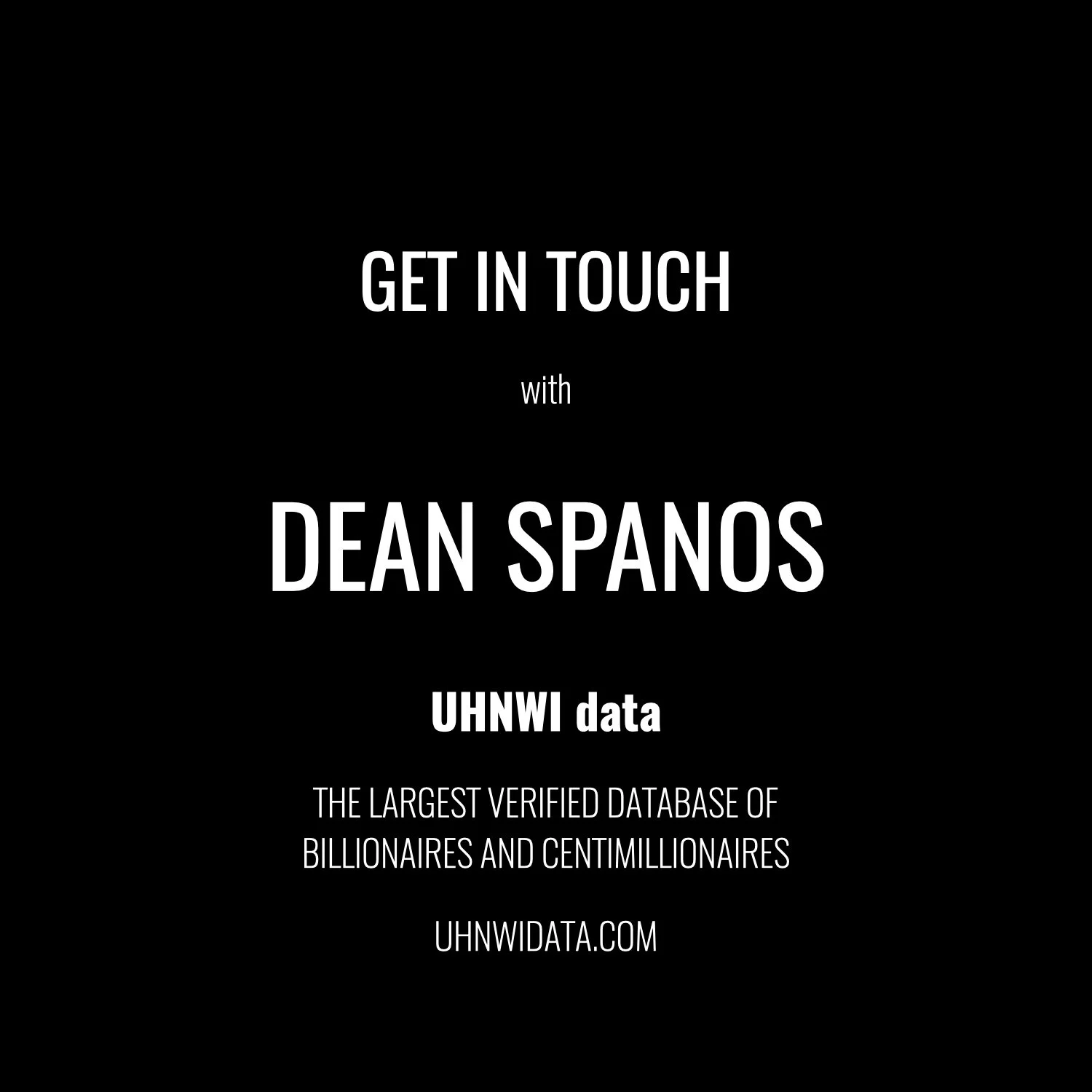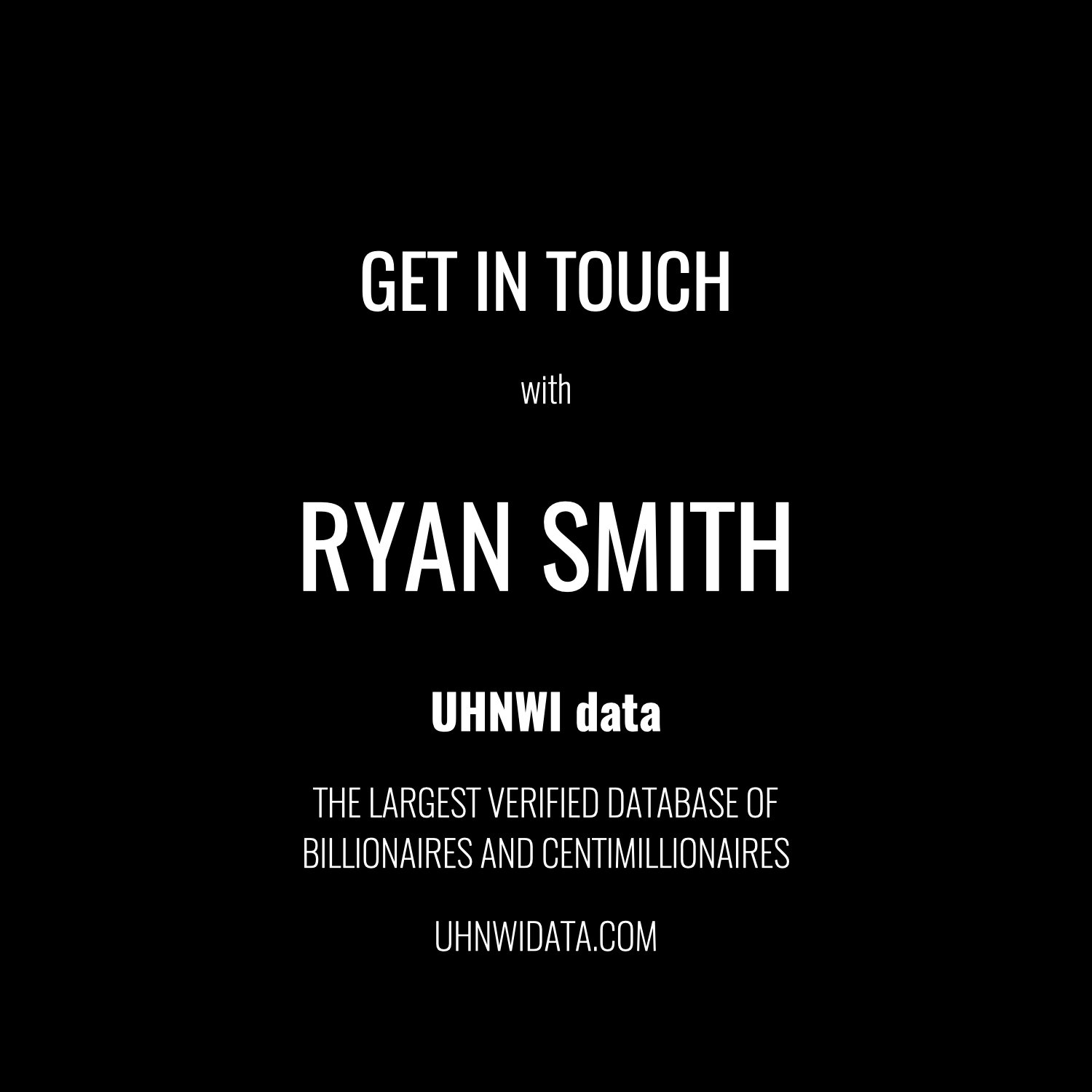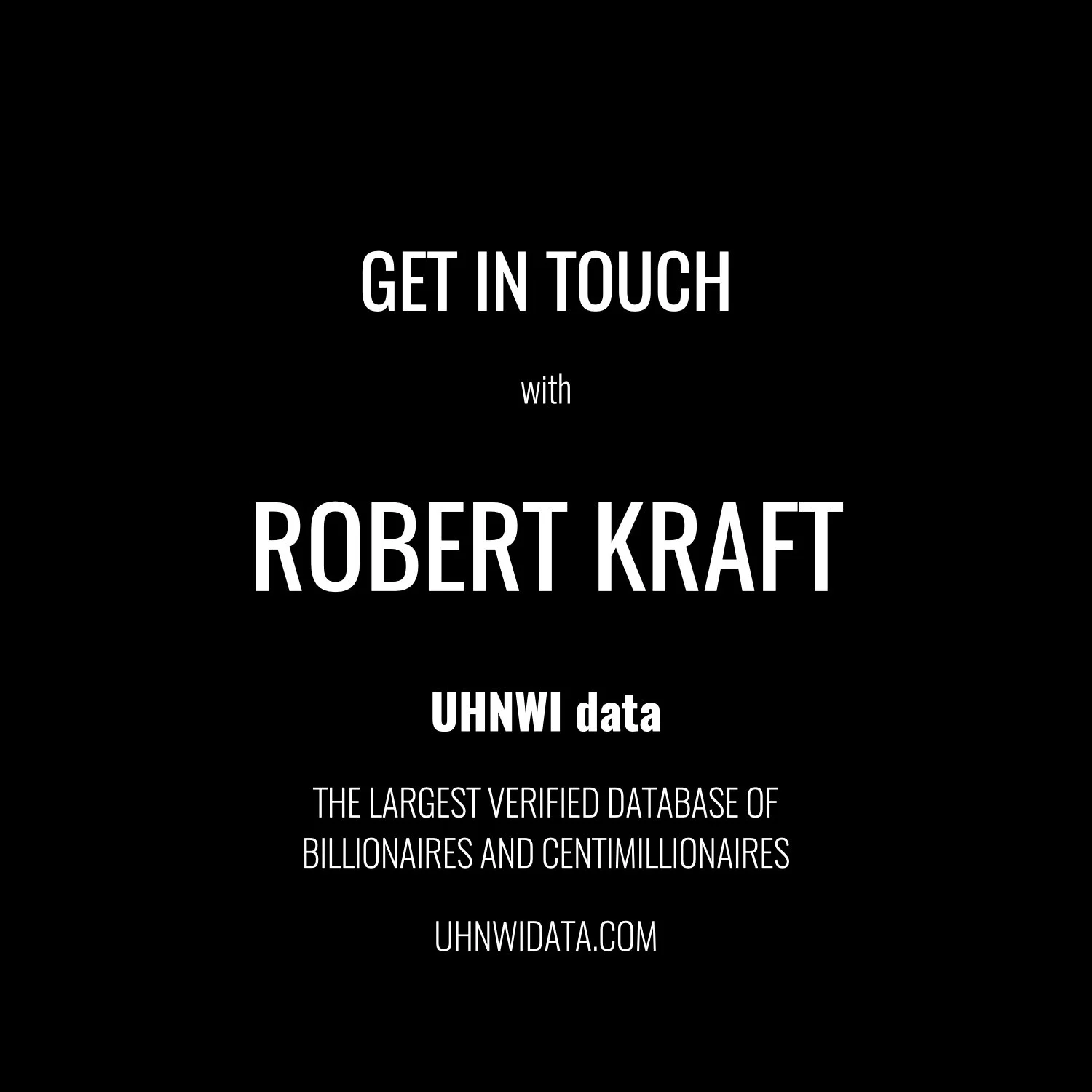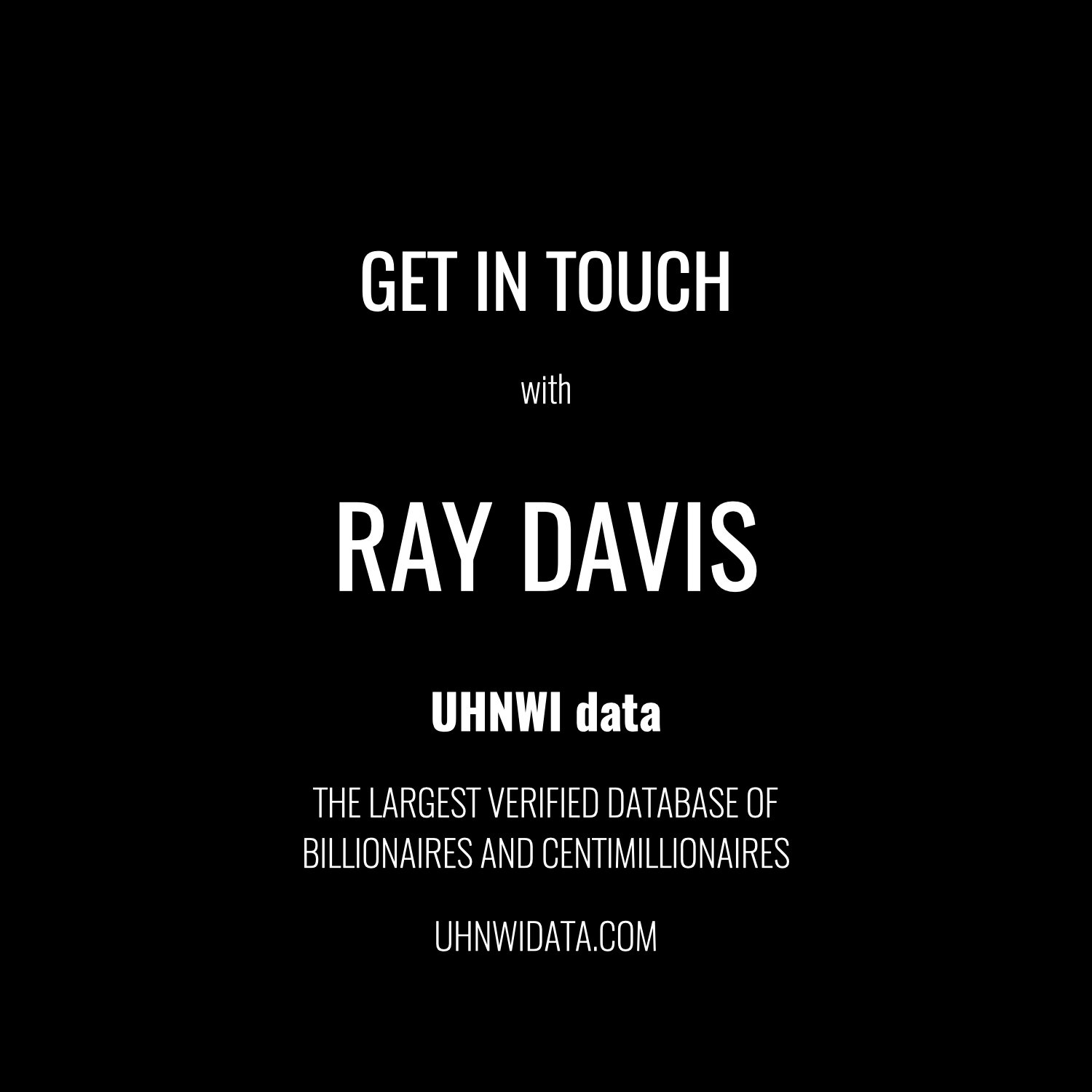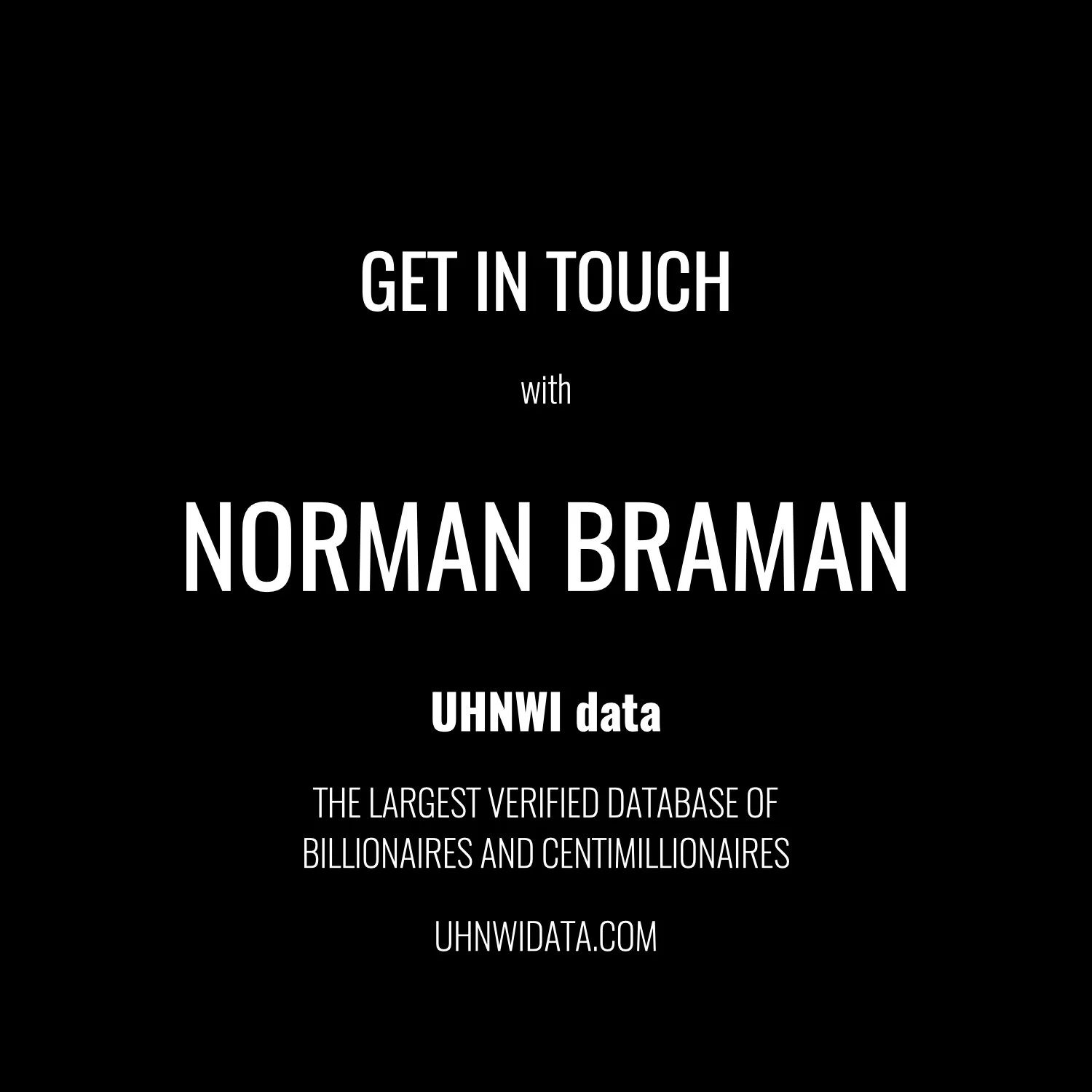John J. Fisher (born June 1, 1961) is an American billionaire businessman and sports team owner, primarily recognized as the majority owner of the Oakland Athletics Major League Baseball franchise and the San Jose Earthquakes Major League Soccer club.[1][2] As the youngest son of Gap Inc. founders Donald Fisher and Doris F. Fisher, he inherited substantial wealth from the family's apparel retail empire, which he has directed toward investments in professional sports.[2][3] Fisher's ownership of the Athletics, acquired in 2005 alongside Lewis Wolff, has involved persistent attempts to build a new stadium amid the team's use of aging facilities, leading to a 2023 agreement for temporary play in Sacramento and relocation to Las Vegas by 2028.[1][4] This move has sparked significant fan backlash in Oakland, including protests over perceived abandonment after decades of unfulfilled stadium promises.[4][5] Prior to his sports ventures, Fisher worked in real estate development and founded an investment firm, while serving on Gap Inc.'s board until stepping down in 2022.[6][2]
Early Life and Family Background
Family Origins and Wealth
John Fisher's family wealth stems from the retail success of Gap Inc., co-founded by his parents, Donald George Fisher and Doris F. Fisher. Donald Fisher was born on September 3, 1928, in San Francisco, California, to a middle-class family, and graduated from the University of California, Berkeley, in 1950, where he was an All-American swimmer and water polo player.[7][8][9] After early work in real estate with his father, Donald and Doris opened the first Gap store on August 21, 1969, at 495 Ocean Avenue in San Francisco, initially stocking Levi Strauss & Co. jeans and phonograph records to appeal to a youth market frustrated with traditional department store sizing and selection.[10][11]
The Gap's casual shopping environment and focus on standardized apparel sizes drove rapid expansion, with the company rebranding to emphasize clothing by 1970 and going public in 1976 through an initial offering of 1.2 million shares. Gap Inc. grew into a global apparel giant, acquiring brands like Banana Republic in 1983 and launching Old Navy in 1994, which collectively generated billions in annual revenue and elevated the Fishers to substantial wealth by the 1980s and 1990s.[10][7]
John, the youngest of Donald and Doris's three sons (with brothers Robert J. and William S. Fisher), inherited a share of this fortune upon Donald's death from cancer on September 27, 2009, at age 81. The family's holdings, including ongoing stakes in Gap Inc.—where John served on the board until May 2022—are managed through private investment vehicles like Pisces Inc., providing the capital for John's personal ventures.[2][9][2]
Childhood and Education
John Fisher was born on June 1, 1961, as the youngest of three sons to Donald George Fisher and Doris Feigenbaum Fisher, who co-founded the apparel retailer Gap Inc. in 1969 when he was eight years old.[12][2] The family's circumstances shifted dramatically as Gap expanded into a major retail chain, providing Fisher with an upbringing marked by emerging wealth in the San Francisco area.[12]
For secondary education, Fisher attended Phillips Exeter Academy, following a path shared by his brothers Robert and William.[13] He then enrolled at Princeton University, where he earned a Bachelor of Arts degree in 1983.[2][13]
Fisher continued his studies at Stanford University's Graduate School of Business, obtaining a Master of Business Administration.[2][13] This sequence of elite institutions aligned with the educational trajectories of his siblings, reflecting the family's emphasis on rigorous academic preparation amid their business success.[13]
Business Career
Role in Gap Inc.
John Fisher, the youngest son of Gap Inc. founders Donald and Doris Fisher, joined the company following an unsuccessful venture in real estate after earning his MBA from Stanford University in the early 1990s. His employment at Gap Inc. preceded the 1997 co-founding of Sansome Partners, a family-affiliated investment firm, though specific operational positions or durations remain undocumented in public records.[14]
In October 2018, Gap Inc. elected Fisher to its board of directors, effective November 1, alongside Amy Bohutinsky and Lexi Reese, citing his experience as co-founder and general partner of Sansome Partners.[6] He served in this governance capacity until stepping down in May 2022, while his brothers Robert and William continued as board members.[2] During his tenure, no public records detail specific committee assignments or strategic contributions attributable to Fisher.
As a major shareholder, Fisher has held a substantial stake in Gap Inc., reported as approximately 32 million shares personally in 2018, representing about 10% ownership through family holdings managed via Pisces Inc., the Fisher family investment vehicle where he serves as president.[15] He has periodically sold shares, including 1.5 million in December 2023 valued at roughly $21.6 million and 250,000 in December 2024, reflecting ongoing portfolio management rather than active operational involvement.[16] Unlike his siblings, who held executive roles such as CEO, Fisher's association with Gap Inc. centered on ownership and board oversight rather than day-to-day management.[2]
Investments via Pisces Inc.
Pisces Inc., founded by John Fisher in 1992, functions as the Fisher family's primary investment and management office, overseeing assets accumulated from the founding of Gap Inc. by his parents, Donald and Doris Fisher.[17][18] The firm, based in San Francisco, operates as a private family office with John Fisher serving in leadership capacities, including as president and executive vice chairman.[19][20]
The investment approach at Pisces emphasizes allocations to public equities, supplemented by commitments to external fund managers for diversified exposure.[18] Direct investments occur selectively, typically in scenarios involving established family connections or unique opportunities.[18] Beyond equities, the portfolio incorporates private equity funds, targeted stakes in operating companies, and real estate holdings to support long-term capital appreciation and income generation.[21]
Pisces also facilitates the family's broader objectives, including philanthropic endeavors aligned with education and community initiatives, though specific investment returns or performance metrics remain undisclosed due to its private structure.[21] This diversified strategy reflects a conservative yet opportunistic management style, prioritizing preservation of the family's multi-billion-dollar fortune amid varying market conditions.[2]
Sports Franchise Ownership
Oakland Athletics Acquisition and Operations
John Fisher, son of Gap Inc. co-founder Donald Fisher, acquired the Oakland Athletics in 2005 through a partnership with real estate developer Lew Wolff, purchasing the franchise from owners Steve Schott and Ken Hoffman for an estimated $180 million.[22][23] The acquisition followed Fisher's sale of his minority stake in the San Francisco Giants, marking his entry into Major League Baseball ownership with a focus on the Bay Area sports market.[15] At the time, the A's were emerging from the "Moneyball" era under general manager Billy Beane, emphasizing analytics-driven player evaluation to compete on a modest budget.[24]
Fisher and Wolff shared ownership initially, with Fisher holding the majority interest, but operational control shifted when Wolff assumed the role of managing general partner.[5] In November 2016, Wolff sold his remaining 10% stake to the Fisher family, making John Fisher the sole managing general partner and granting him full authority over team decisions.[5] Under Fisher's oversight, the A's maintained low operational spending, with year-end payrolls ranking 19th in MLB in 2005 and frequently in the bottom half thereafter, such as 28th in 2010 and 30th in recent years like 2023.[25] This approach yielded competitive success early on, including American League West titles in 2012–2014 and playoff berths in 2006, 2018–2020, but contributed to declining on-field performance post-2014, with no winning seasons after 2021.[26]
Key operational decisions reflected fiscal restraint, such as retaining Beane as executive vice president through 2015 and promoting David Forst to general manager in 2016 to continue data-informed roster building.[27] In 2020, amid the COVID-19 shutdown, Fisher initially planned to terminate weekly stipends for minor league players but reversed the decision following public criticism and MLB guidelines.[28] The franchise's valuation grew significantly under his tenure, rising from the $180 million purchase price to an estimated $1.2 billion by 2023, driven by league-wide revenue sharing and media rights increases despite stagnant local attendance and facility investments.[29] Fisher has publicly cited annual operating losses, claiming $40 million in 2023, though analyses indicate profitability when accounting for MLB's revenue distribution mechanisms.[30][31]
Stadium Negotiations and Relocation to Las Vegas
Since acquiring majority ownership of the Oakland Athletics in 2005 with co-owner Lew Wolff, John Fisher pursued multiple stadium proposals in the Bay Area, including sites in Fremont (2006–2007) and San Jose (2010–2015), which faltered due to territorial conflicts with the San Francisco Giants and insufficient local support. Efforts shifted to Oakland, with a proposed renovation of the Coliseum site in 2017 rejected by Alameda County voters, followed by the ambitious Howard Terminal waterfront project announced in November 2018, envisioning a $12 billion mixed-use development anchored by a $1 billion ballpark. Negotiations with the City of Oakland dragged on, complicated by environmental reviews, infrastructure demands, and disputes over public financing; the city conditioned approval on federal guarantees for $200–300 million in upgrades, which Fisher declined to pursue amid escalating costs estimated at over $500 million beyond the ballpark itself.[32][22]
By April 2023, after over two decades of stalled talks and with the Coliseum lease expiring post-2024, Fisher announced the Athletics would seek relocation, identifying Las Vegas as the primary target following exploratory permissions granted by MLB in May 2021. Negotiations with Nevada officials culminated in Senate Bill 1, passed by the state legislature on June 20, 2023, authorizing up to $380 million in public bonds for a $1.5 billion, 33,000-seat ballpark on 9 acres near the Tropicana Avenue and Las Vegas Boulevard intersection, with the Athletics committing $1 billion in private funding and covering any overruns. Fisher emphasized the deal's viability, stating it provided a path to a modern venue without the protracted regulatory hurdles encountered in Oakland.[22][32]
The Athletics formally applied to MLB for relocation in August 2023, receiving unanimous approval from league owners on November 16, 2023, in Arlington, Texas, marking the first MLB franchise move since 1968. Post-approval, the team secured a temporary playing site at Sutter Health Park in West Sacramento for 2025–2027, while Las Vegas construction progressed toward a 2028 opening; groundbreaking occurred on June 23, 2025. Fisher later reflected in a September 23, 2024, open letter to fans that remaining in Oakland had been the priority but proved unfeasible due to failed negotiations, expressing regret over the outcome while defending the Vegas move as essential for the franchise's sustainability.[33][34][35][36]
San Jose Earthquakes Involvement
John Fisher, alongside Lewis Wolff, acquired the expansion rights to revive the San Jose Earthquakes as a Major League Soccer franchise in 2007 for an expansion fee of $20 million, enabling the team's return to MLS play starting in the 2008 season after the original club had ceased operations following the 2005 campaign.[37][38] Fisher assumed the role of principal owner upon the team's relaunch, overseeing operations through his investment entities while Wolff handled day-to-day management initially.[39]
Under Fisher's ownership, the Earthquakes developed and opened PayPal Park (initially Avaya Stadium) in 2015, a soccer-specific venue in San Jose financed privately at a cost of approximately $100 million, marking one of the first fully privately funded stadiums in MLS history.[40] The facility, with a capacity of 18,000, has served as the team's home and hosted various events, though the franchise has struggled competitively, posting a winning percentage below .400 during Fisher's tenure and finishing last in the Western Conference multiple times.[41]
In June 2025, Fisher initiated the process to sell the Earthquakes, engaging investment bank Moelis & Co. to facilitate the transaction amid his focus on the Oakland Athletics' relocation to Las Vegas, with the club valued at $540 million at the time of the announcement.[42][43] As of October 2025, the sale remains pending, with local officials expressing intent to collaborate with prospective buyers to ensure the team's continued presence in San Jose.[38]
Controversies and Criticisms
Athletics Payroll and Performance Issues
During John Fisher's ownership of the Oakland Athletics since November 2005, the team's payroll has consistently ranked among the lowest in Major League Baseball, particularly in recent years. In 2023, the Athletics operated with an overall payroll of $58.7 million, the lowest in MLB, including a 26-man active roster payroll of $30.5 million.[31] This figure marked the third consecutive season of the lowest payroll league-wide from 2022 to 2024, reflecting a strategy emphasizing player development over high salaries.[44] Earlier in Fisher's tenure, payrolls were middling; for example, the 2006 year-end payroll totaled $62.2 million, ranking 15th out of 30 teams.[45]
The Athletics' on-field performance under Fisher has yielded a cumulative win-loss record of 1,547–1,590 (.493 winning percentage) from 2005 through 2024.[46] The team experienced relative success in the early years through analytics-driven approaches, securing American League West titles in 2012, 2013, and 2014, along with wild-card playoff berths in 2018, 2019, and 2020. However, sustained contention proved elusive, with the franchise posting losing records in 17 of 20 seasons during this period and finishing last in the AL West in nine straight years from 2016 to 2024. The 2022–2024 campaigns were especially dismal, with MLB-worst records of 50–112, 69–93, and 54–108, respectively.[47]
Critics, including MLB analysts and fan groups, have linked the low payroll to performance issues, arguing that minimal spending hampers talent retention and acquisition. The Athletics have routinely traded away arbitration-eligible or star players—such as Matt Olson, Sean Manaea, and Frankie Montas in recent years—to avoid salary commitments, perpetuating cycles of rebuilding without commensurate investment.[48] This approach, while initially effective under general manager Billy Beane's "Moneyball" model, has been faulted for failing to evolve amid rising competitive spending across the league, where top teams exceeded $200 million annually by the mid-2020s. Fisher has countered that the team incurs substantial losses, projecting a $40 million deficit in 2023 tied to low revenue rather than payroll restraint alone.[49] Empirical data, however, shows a correlation between the Athletics' bottom-quartile payrolls and their inability to maintain rosters capable of consistent winning, as evidenced by the league's higher average winning percentages for teams in the top-10 payroll tiers during the same timeframe.[50]
Fan and Media Backlash
Oakland Athletics fans mounted sustained protests against owner John Fisher following the team's relocation approval to Las Vegas in November 2023, including organized boycotts and chants demanding he sell the franchise. On June 13, 2023, supporters staged a "reverse boycott," filling the Oakland Coliseum with over 47,000 attendees—the largest crowd since 2011—to voice unified opposition, repeatedly chanting "Sell the team!" while wearing custom T-shirts bearing the same message.[51][52]
Further demonstrations occurred on Opening Day, March 28, 2024, when thousands of fans gathered in the Coliseum parking lot for a protest party, opting to watch the game on screens rather than enter the stadium, with one supporter publicly urging Fisher to "rot in hell."[53][54] An anonymous donor matched contributions up to $100,000 for the event, emphasizing resistance to the impending move.[53]
Fisher's September 24, 2024, farewell letter to fans, in which he expressed regret over failing to keep the team in Oakland despite claiming exhaustive efforts, drew sharp rebukes, with supporters and former players labeling it "disrespectful" and insincere amid years of perceived neglect, including payroll cuts and star player trades.[55][56][23] Media outlets amplified the discontent, with a local news anchor delivering an on-air tirade against the letter's tone, and reports highlighting Fisher's booing by crowds at interim Sacramento games in 2025.[23][57]
MLB players also voiced criticism of the relocation process, with some describing the Las Vegas plan as a "terrible idea" tied to Fisher's management in July 2024 statements.[58] These reactions underscored broader fan frustration with Fisher's tenure, marked by the franchise's consistent low attendance and competitive decline prior to the move.[59]
Political Involvement
Campaign Contributions
John Fisher, through his role at Pisces Inc., has contributed to federal and state political candidates, committees, and ballot measures across both major parties, with federal donations showing a heavier tilt toward Republicans while state-level giving in California includes support for Democrats and education-focused initiatives.[60] According to Federal Election Commission data tracked by OpenSecrets, Fisher's recorded federal contributions span multiple cycles, including significant sums to Republican congressional and senatorial committees.[60]
Key federal contributions include $100,200 to the National Republican Congressional Committee on September 30, 2015; $33,400 to the National Republican Senatorial Committee on March 31, 2016; and $2,900 to Rep. Young Kim (R-CA) on December 8, 2021.[60] More recently, Fisher maxed out individual contributions—totaling $2,900—to Rep. Mike Carey (R-OH), a Trump-endorsed candidate and former coal lobbyist, during the 2021-2022 cycle.[61] He also donated to Rep. Jodey Arrington (R-TX), who objected to the 2020 election certification, supporting Arrington's reelection campaign in 2023.[62] Bipartisan giving appears in smaller amounts, such as $3,300 to Sen. Michael Bennet (D-CO) on September 27, 2024.[60]
At the state level, Fisher has made larger outlays aligned with business and education interests. In 2022, he contributed a combined $600,000 ($400,000 on September 21 and $200,000 on November 7) to the "No on 30" campaign opposing a California proposition to fund electric vehicle infrastructure via taxes, reflecting opposition from business sectors concerned with regulatory costs.[60] He also supported California Democrats including $8,100 to the California Charter Schools Association on May 4, 2022; $4,200 and $3,900 to Sen. Steve Glazer (D) on May 5, 2022; and $1,000 to Sen. Mike Gipson (D) on June 13, 2022.[60] These align with Fisher's philanthropic focus on charter schools but contrast with his federal Republican lean, suggesting pragmatic local engagement in California politics.[60]
Date Amount Recipient Party/Affiliation Level
09-30-2015 $100,200 National Republican Congressional Committee Republican Federal
03-31-2016 $33,400 National Republican Senatorial Committee Republican Federal
11-07-2022 & 09-21-2022 $600,000 total No on Proposition 30 Ballot measure (business-backed) State (CA)
2021-2022 cycle $2,900 Rep. Mike Carey Republican Federal
09-27-2024 $3,300 Sen. Michael Bennet Democratic Federal
2023 Undisclosed (campaign support) Rep. Jodey Arrington Republican Federal
Team-affiliated donations, such as those from the Oakland Athletics to Nevada politicians following the 2023-2024 ballpark funding approval, total over $100,000 but are not directly attributed to Fisher personally.[63] Overall, Fisher's giving reflects strategic support for pro-business policies, with totals exceeding $1 million in tracked cycles like 2018, though patterns vary by jurisdiction and issue.[64]
Policy Positions
Fisher's support for charter schools reflects a policy preference for expanding educational options beyond traditional district-run public schools, emphasizing accountability, innovation, and performance-based outcomes for underserved students. As a board member of KIPP Public Charter Schools, he has endorsed the model's emphasis on rigorous teaching and extended school days to overcome socioeconomic barriers, stating that "KIPP's teachers demonstrate everyday that all children can succeed, proving that demography does not define destiny."[65] His role as board chair of the Charter School Growth Fund further underscores advocacy for scaling charter networks to foster competition and results-driven reforms in K-12 education.[17]
In environmental policy, Fisher aligns with initiatives promoting integrated water resource management and climate resilience through the family-led Pisces Foundation, which he oversees via Pisces Inc. The foundation prioritizes strategic interventions in water conservation, such as advancing cross-sector collaborations to address scarcity and pollution, over fragmented regulatory approaches.[66] It also funds environmental education programs to build public support for sustainable natural resource policies, reflecting a view that long-term ecological health requires both technological solutions and behavioral shifts.[67] These efforts position Fisher in favor of market-informed, multi-stakeholder environmental strategies rather than top-down mandates.[68]
On fiscal policy related to public infrastructure, Fisher's negotiations for the Oakland Athletics' relocation to Las Vegas demonstrate a stance favoring public-private partnerships for sports facilities, including taxpayer contributions to stadium construction. He has committed $1 billion in private equity toward a $2 billion project while securing $380 million in public bonds, arguing that such subsidies enable economic development and fan access in viable markets.[69] This approach has drawn criticism for relying on public funds amid his personal wealth exceeding $3 billion, yet Fisher maintains it aligns with precedents in major league sports to distribute financial burdens.[70]
Fisher advocates for bipartisan political engagement to elevate discourse, donating to candidates across parties with the belief that "all stakeholders should work to improve political discourse."[61] His contributions, including maximum donations to Republican figures like North Dakota Gov. Doug Burgum and Texas Rep. Jodey Arrington—who oppose abortion and questioned the 2020 election results—suggest alignment with conservative social and electoral integrity positions, though he has also backed moderate Democrats.[71][62]
Philanthropic Activities
Education Reform Initiatives
John Fisher has been a prominent supporter of charter schools and education reform efforts aimed at improving outcomes for low-income students. Through the Doris & Donald Fisher Fund, established by his parents, he contributed to initiatives emphasizing high-performing public charter schools, including substantial investments in the Knowledge Is Power Program (KIPP) network, which operates over 270 schools serving more than 100,000 students nationwide as of 2023.[72] The fund, which provided early seed funding and scaling support to KIPP starting in the early 2000s, focused on replicating successful models that demonstrated higher graduation and college persistence rates among disadvantaged youth compared to traditional public schools in similar demographics.[73] Fisher personally served on KIPP's board of directors, dedicating approximately 50% of his time to hands-on involvement in program development and oversight, beyond financial contributions estimated in the hundreds of millions from the family foundation.[74][65]
As chair of the Charter School Growth Fund since its inception in 2006, Fisher has directed investments totaling over $1 billion to expand networks of evidence-based charter schools, prioritizing those with strong data on student achievement in math and reading.[75] The fund targets organizations like Aspire Public Schools and Success Academy Charter Schools, evaluating grantees based on metrics such as standardized test scores and postsecondary enrollment rates, which have shown charters outperforming district schools by 10-20% in urban low-income settings according to independent analyses.[76] Fisher's approach emphasizes scalability and accountability, advocating for "thinking big but acting small" by piloting innovations at individual schools before broader replication.[77] Following the Doris & Donald Fisher Fund's closure in 2021 after disbursing nearly $500 million primarily to education causes, Fisher continued personal engagement, including public discussions on addressing the 8% college graduation rate for low-income students to bolster economic mobility.[78][79]
Critics, including some education advocates, have characterized Fisher's charter-focused philanthropy as promoting privatization, arguing it diverts resources from traditional public systems, though empirical studies indicate charter expansions correlate with modest overall district improvements via competition in select cities like Boston and New York.[80] Fisher maintains that such reforms are data-driven responses to persistent achievement gaps, with KIPP alumni achieving college graduation rates around 40%—five times the national low-income average—substantiating the model's efficacy for targeted populations.[81]
Other Charitable Efforts
In addition to education-focused initiatives, John Fisher co-founded the City Fields Foundation in 2006 with his brothers Robert and William to renovate and expand athletic fields and recreational spaces in San Francisco, enhancing access to youth sports and play areas.[82] The foundation operates as a public-private partnership, funding upgrades to dilapidated facilities to promote equitable opportunities for children, drawing from the brothers' own experiences playing in local parks.[83] By facilitating projects like field reconstructions and new installations, it has contributed to broader civic improvements in urban recreation since its inception.[84]
Fisher serves on the board of directors for the San Francisco General Hospital Foundation, which supports patient care and innovation at Zuckerberg San Francisco General Hospital and Trauma Center, motivated in part by his family's proximity to the facility and his wife's role as a physician there.[85]
Since 2016, he has been involved with HomeRise, San Francisco's largest provider of permanent supportive housing for individuals experiencing homelessness, holding positions as board secretary and chair of the development committee to advance housing stability efforts.[85]

